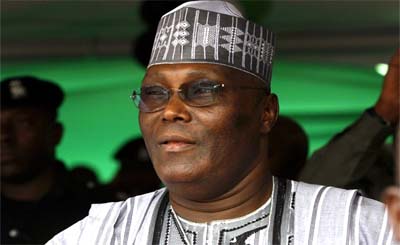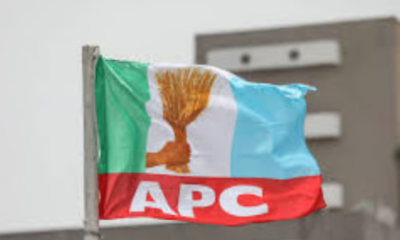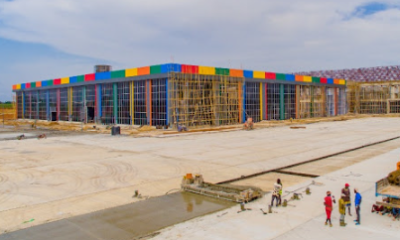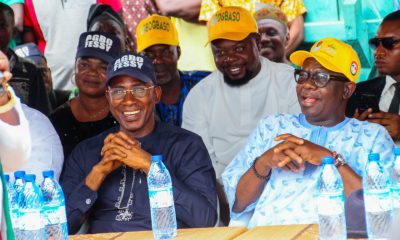Former Vice President Atiku Abubakar, leading presidential aspirants on the platform of the Peoples Democratic Party (PDP) has sustained his rising political profile and popularity, defeating incumbent President Muhammadu Buhari of the All Progressives Congress (APC) in the build up to the 2019 presidential and other elections in Nigeria.
Atiku in an online public opinion conducted by Senator Ben Bruce on Twitter in which over 30,000 participants voted, defeated incumbent President Buhari and other potential but yet to declare presidential aspirants in PDP, Governor Ibrahim Hassan Dankwambo of Gombe State, and Governor Aminu Tambuwal of Sokoto State; former Speaker of the House of Representatives.
National Daily learnt that in response to the question ‘If the 2019 Nigerian Presidential election were to hold today and the candidates are as below, who would you vote for,” 44% of the respondents indicated they would vote for Atiku, Waziri Adamawa; while 31% opts to vote for President Buhari, 17% for Dankwambo and 8% for Tambuwal.
Atiku has sustained his defeat of Buhari in public opinion polls, including the one conducted by Buhari’s supporters and image managers, who after the third anniversary of the Buhari administration on May 29 carried out opinion poll to test the popularity of the incumbent President.
Also, on June 6, 2018, Atiku in two polls conducted by blogger, Japhet Omojuwa defeated Buhari. In the first poll Atiku polled 35% of the votes while Buhari got 32%. In the second poll, Atiku secured 39% of the votes while Buhari earned 34% of the votes.
A week earlier, Atiku defeated other presidential aspirants in another poll conducted by pro APC consultant, Mark Essien. Atiku polled 43% and Buhari’s 35%.
In further poll conducted by @YNaija, Nigeria’s most successful youth blog run by Red Media, who played a key role in Buhari’s media during the 2015 elections, Atiku defeated Buhari with 70% to 19% of the incumbent president.
However, the opinion polls boosts public image of the personalities but may not reflect realities in the field because many of the participants in the online voting does not possess voters cards, even some that do possess voters cards, do not turn out for voting on election days.

 Latest5 days ago
Latest5 days ago
 Trends6 days ago
Trends6 days ago
 Business1 week ago
Business1 week ago
 Football1 week ago
Football1 week ago
 Health1 week ago
Health1 week ago
 Football7 days ago
Football7 days ago
 Business1 week ago
Business1 week ago
 Football1 week ago
Football1 week ago











